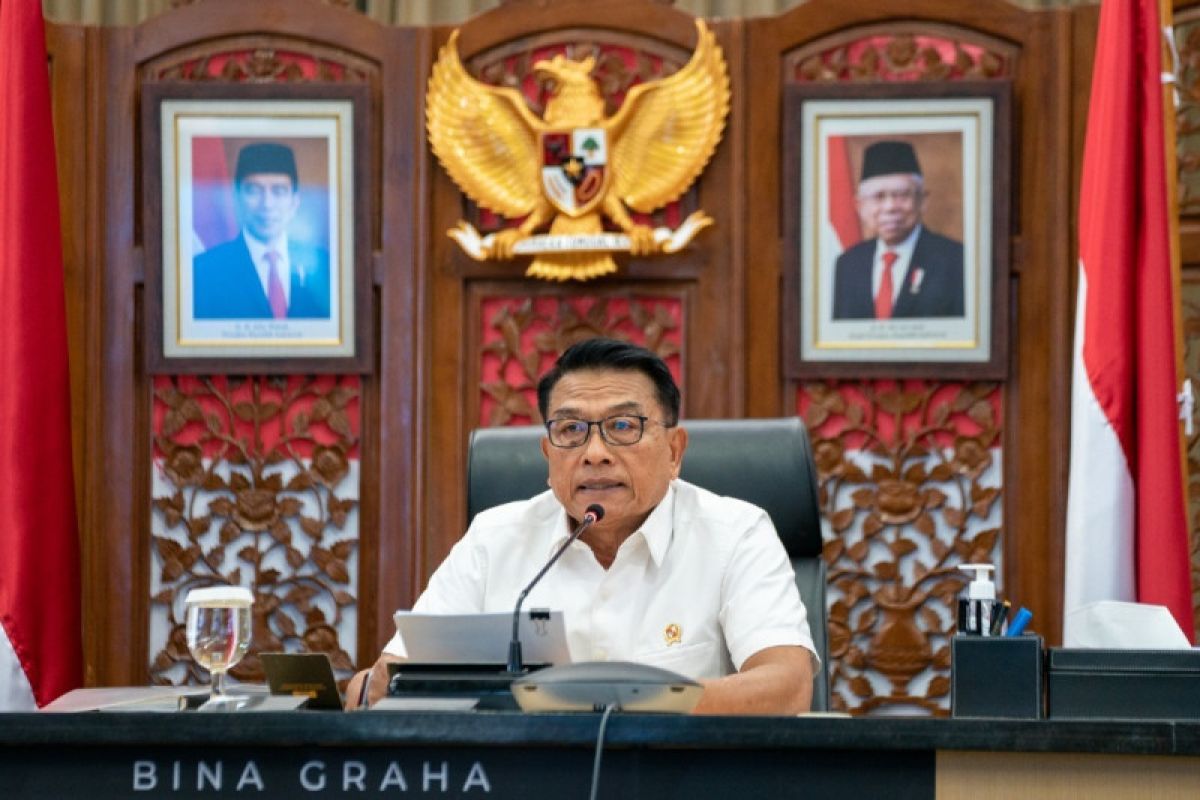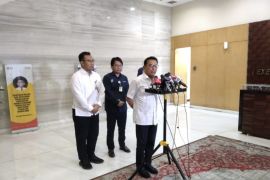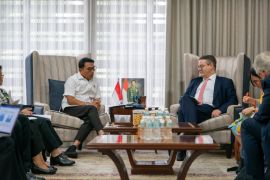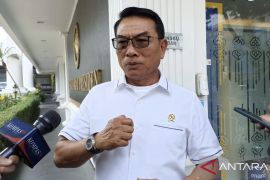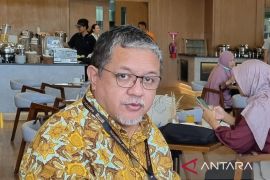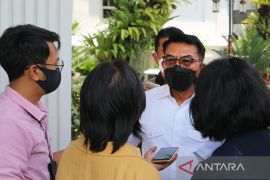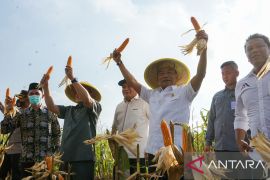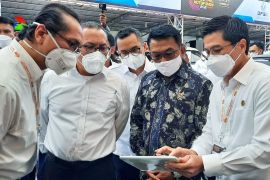“The impact of climate change is already being felt by the community. Therefore, the anticipatory steps are very important. I suggest cooperation between each country's Meteorology, Climatology and Geophysics Agency (BMKG) regarding the early warning system to handle this crisis," Moeldoko said in a statement received here, Tuesday.
The statement was delivered by Moeldoko at the report launch of the Asia and the Pacific Regional Overview of Food Security and Nutrition organized by the United Nations Food and Agriculture Organization (FAO).
FAO considers Indonesia to be a leading light that is able to maintain food security for its 275 million people during a pandemic, for instance, with the government's strategic policies during a pandemic that had a positive impact on the agricultural sector from 2020 to 2022.
In addition, the increase in exports of agricultural products by 10.52 percent, from US$4.24 billion in 2021 to US$4.69 billion in 2022, also spotlighted Indonesia's capability.
Moeldoko highlighted that the Indonesian government had implemented a land access policy for farmers through agrarian reform, farmer regeneration, development of alternative sorghum foods, and various action programs to adapt to climate change.
These efforts have yielded results, one of which is the Global Food Security Index (GFSI) in 2022 that recorded Indonesia's Food Security Index had strengthened at the level of 60.2 or higher as compared to the 2020-2021 period, he stated.
With significant results through efforts to deal with the food, feed, fuel, fertilizer and finance (5F) crisis, Indonesia has emerged as one of the pilot countries. However, Moeldoko reminded of the importance of global cooperation, as Indonesia cannot work alone.
"Multinational cooperation to form a global food security ecosystem is the key to handle the food crisis. Indonesia continues to push for this in the G20 Presidency by reaching an agreement on sustainable and resilient agriculture and food systems. Indonesia also continues to oversee its implementation and strengthen this commitment in the region through the ASEAN chairmanship in 2023," he affirmed.
The KSP chief noted that with the implementation of this global agreement, food security and fulfillment of global nutrition would show positive progress.
The report of “Asia and the Pacific Regional Overview of Food Security and Nutrition 2022 – Urban Food Systems and Nutrition” published by FAO, UNICEF, WFP, and WHO emphasized the threat of hunger and urban malnutrition due to the impact of the pandemic, poverty, and rapid uncontrolled population growth.
FAO Senior Food Safety and Nutrition Officer Sridhar Dharmapuri stated that almost 1.9 million people were unable to buy healthy and nutritious food in 2020.
“This is very ironic, considering that Asia and the Pacific region are among the largest producing regions for key commodities, such as rice, fish, milk, and others, but we still fail to serve nutritious food to all people in this region. It means that there is a problem with the agricultural system that we have now," Dharmapuri stated.
Related news: Climate change will pose challenge to food security: UGM professor
Related news: Research, innovation necessary to address food sector challenges: KSP
Related news: Need to change mindset to improve investment climate: ministry
Translator: Rangga Pandu A J, Resinta S
Editor: Azis Kurmala
Copyright © ANTARA 2023
